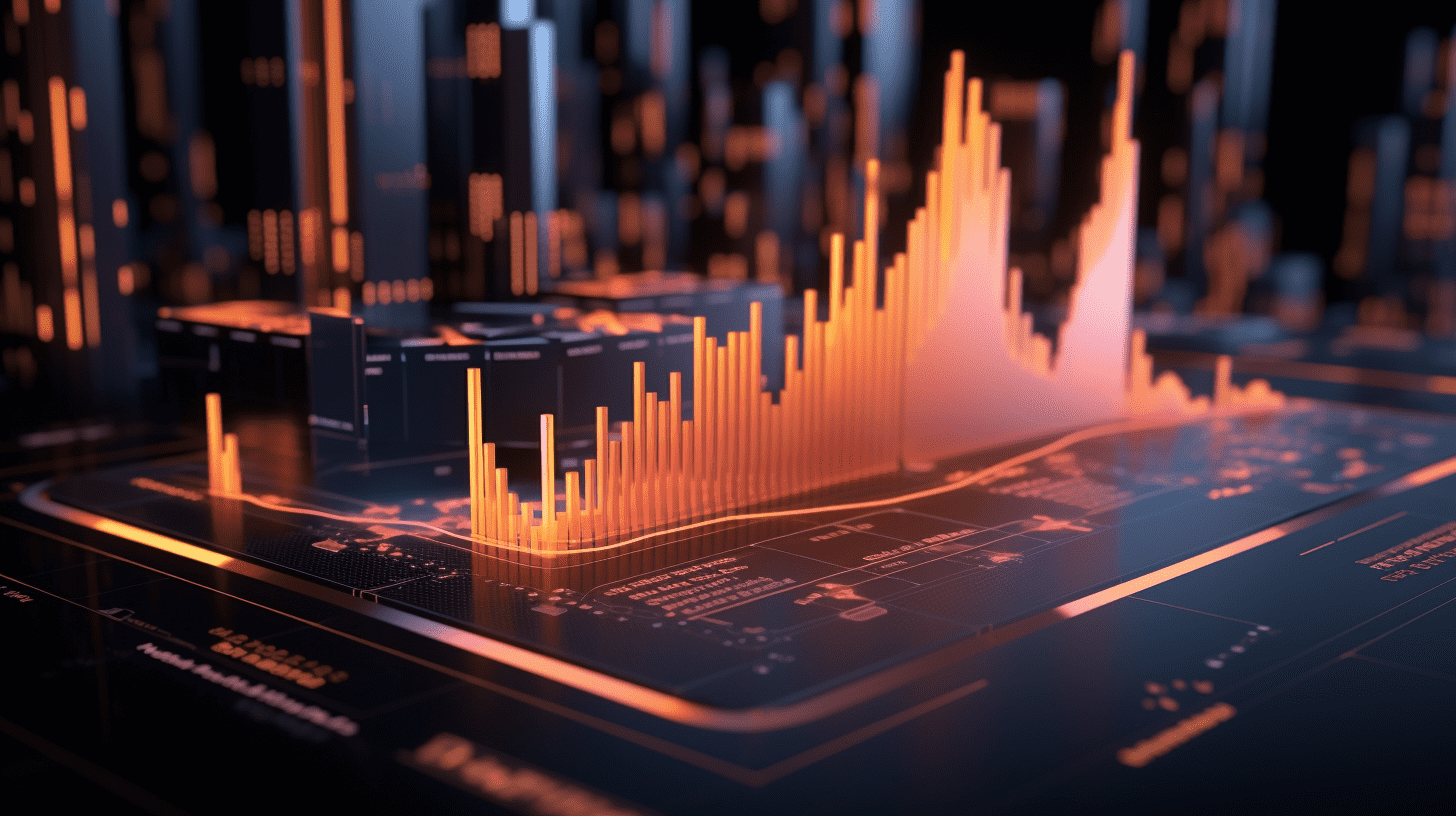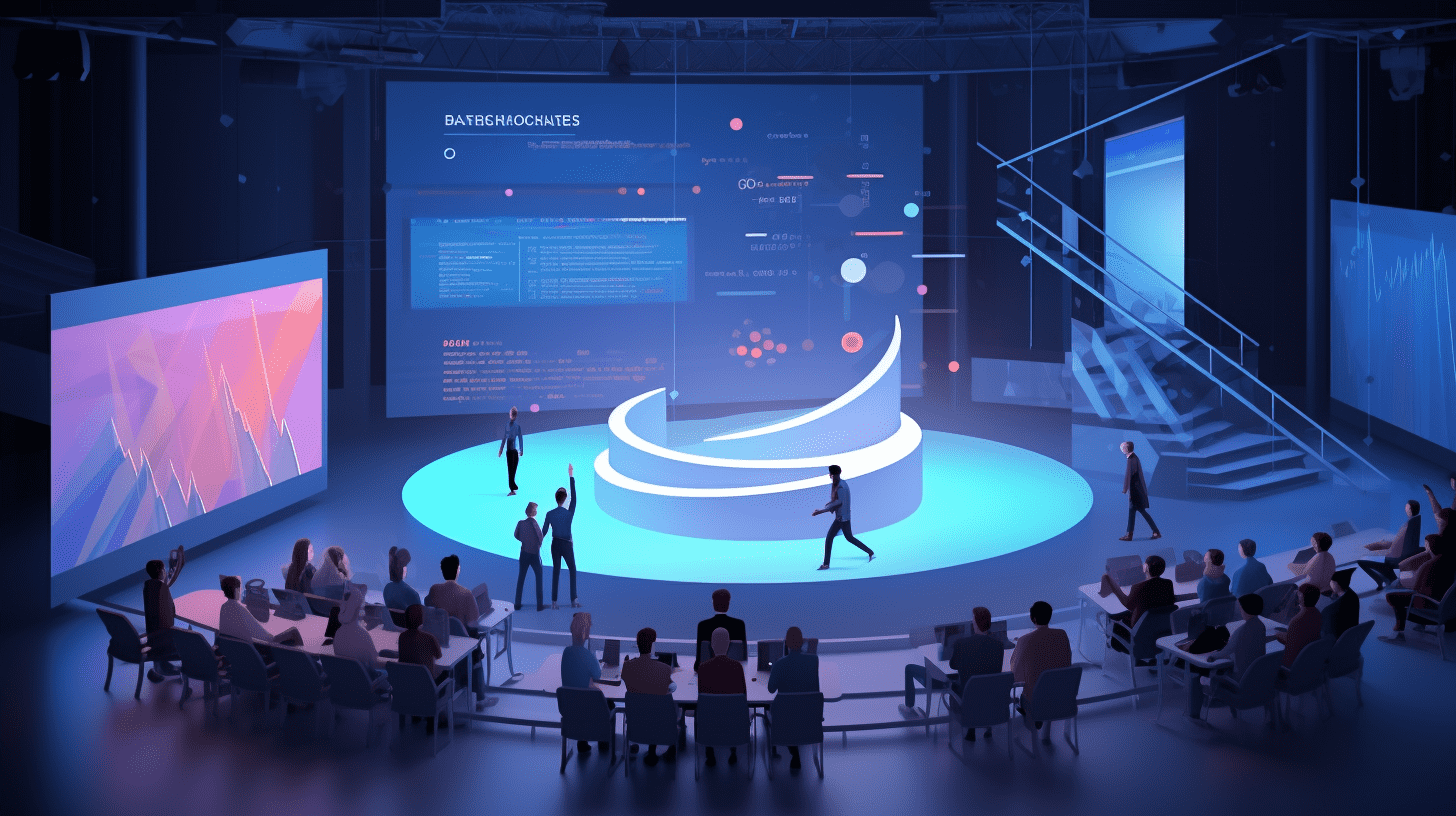American consumer confidence is close to historic lows, while long-term inflation expectations are rising rapidly.
Consumer confidence in the United States plummeted significantly in April, while long-term inflation expectations surged to their highest level since 1991.
A recent survey released by the University of Michigan in the United States shows that due to concerns about the economic impact of tariffs, consumer confidence in the United States plummeted in April, with long-term inflation expectations soaring to the highest level since 1991, highlighting a pessimistic attitude among the public towards the future economic outlook.
The data shows that the final consumer confidence index in April fell to 52.2, significantly lower than the 57 in March. Although it slightly rebounded compared to the initial value of 50.8, the index is still the fourth lowest since the late 1970s. This result indicates that American consumer sentiment is near historic lows.
Even more worrying is that consumer expectations for long-term inflation have risen rapidly. The survey shows that respondents expect the average annual inflation rate over the next five to ten years to reach 4.4%, the highest level since 1991; they also expect the inflation rate for the next year to reach 6.5%, although lower than the initial 6.7%, it is still the highest since 1981.
The survey began on March 25 and ended on April 21, coinciding with the announcement by U.S. President Trump to temporarily suspend the 90-day tariff hike on dozens of U.S. trading partners. At the same time, he also increased tariffs on Chinese goods to a staggering 145%. This move not only exacerbated concerns about rising prices, but also raised fears about the economy and labor market.
The University of Michigan's expectations index plummeted to 47.3, the lowest since 2022. Approximately 60% of respondents voluntarily mentioned the negative impact of tariffs without prompting. Joanne Hsu, the head of the survey, pointed out: "The outlook for the labor market remains dim, and more worrisome is that consumers expect weakening personal income growth in the next year. With stagnating income growth, consumer spending is difficult to sustain, which is the backdrop of multiple warning signals in consumers' eyes in the economy."
The survey shows that consumer expectations for the economic outlook, income, stock market, and housing conditions have deteriorated compared to the previous month, crossing different demographic groups, income levels, and political parties. About two-thirds of respondents believe that real income will decrease in the future, with nearly half expecting unemployment rates to rise.
Business executives are also concerned about the future purchasing power of consumers, stating that as companies pass on higher tariffs and commodity costs to consumers, the consumer market may face more challenges. Consumer goods giant Procter & Gamble Company (PG.US) estimated in its latest financial report that current and proposed tariffs would increase costs by $1 billion to $1.5 billion annually. Procter & Gamble Company plans to partially offset this pressure by raising product prices. The company's CEO, Jon Moeller, said in an interview, "Tariffs essentially have an inflationary effect."
The University of Michigan's survey also found that consumer expectations across different political affiliations have all declined. Economic expectations among Democrats and Independents have dropped to historic lows, while Republicans have fallen to their lowest level in five months.
Although the temporary suspension of tariffs has somewhat eased short-term concerns for some consumers, the indicator measuring the current economic conditions has dropped from 63.8 a month ago to 59.8, showing that overall confidence remains low.
Related Articles

Many banks are requesting the EU to delay the implementation of new trading book regulations and are calling for them to follow the pace set by the US and the UK.

When the world is engulfed in a new round of tariff games, the probability of recession in the United States is equivalent to "flipping a coin."

Shenzhen Stock Exchange: Further standardize the review and listing of securities issued by listed companies, and tighten the responsibilities of intermediary agencies
Many banks are requesting the EU to delay the implementation of new trading book regulations and are calling for them to follow the pace set by the US and the UK.

When the world is engulfed in a new round of tariff games, the probability of recession in the United States is equivalent to "flipping a coin."

Shenzhen Stock Exchange: Further standardize the review and listing of securities issued by listed companies, and tighten the responsibilities of intermediary agencies

RECOMMEND

Pan Gongsheng: Will implement a moderately loose monetary policy to promote high-quality development of the Chinese economy.
25/04/2025

Canadian Prime Minister Trudeau: No rush to reach agreement with Trump, US side eventually needs to face reality.
25/04/2025

Alphabet (GOOG.US, GOOGL.US) first quarter revenue and profits exceed expectations, driven by AI and cloud computing performance growth.
25/04/2025


